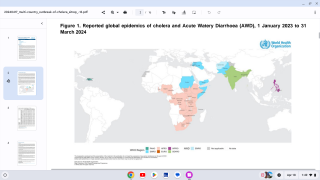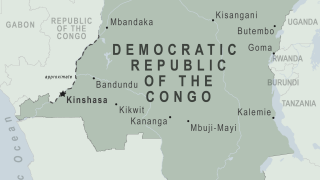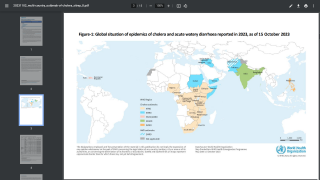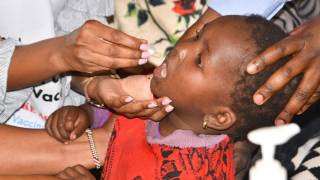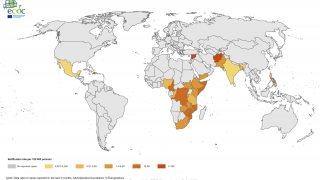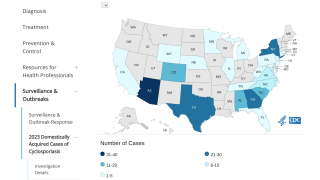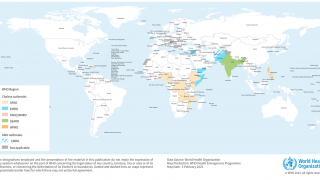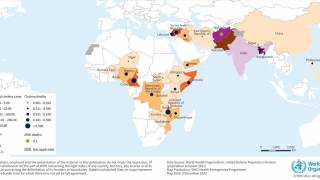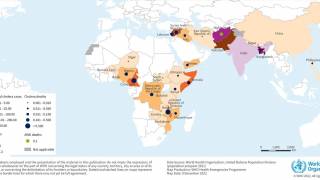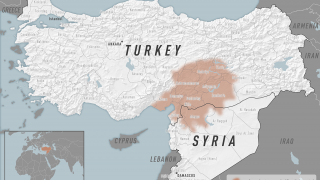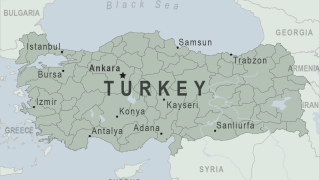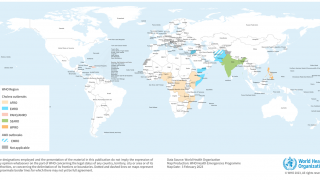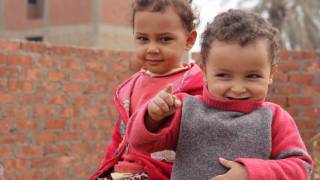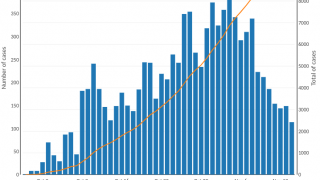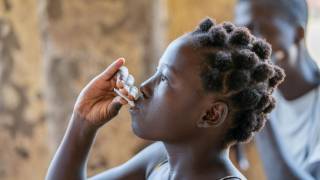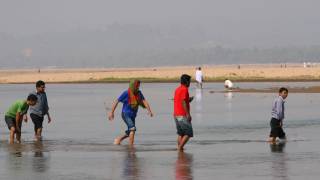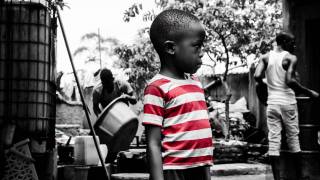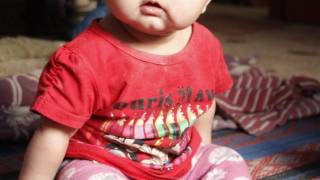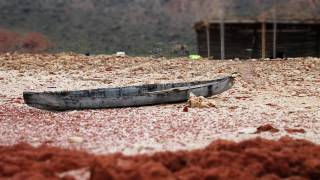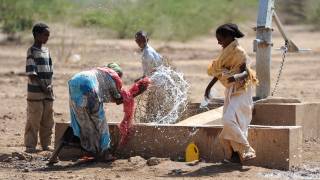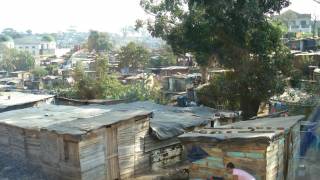Cholera Vaccines Are Not the Only Haiti Solution

Haiti is in the middle of a cholera crisis. To try to stem the spread of this disease, the World Health Organization (WHO) is sending 1 million additional doses of a cholera vaccine to Haiti.
But, this effort may not protect all Haitians at risk of contracting this deadly disease.
The WHO believes the most important investment is to build sewage treatment plants, sanitation, and a water system to produce clean water for Haitians. Moreover, these systems must be maintained, even after natural disasters, such as Hurricane Matthew.
The Haitian cholera epidemic was accidentally started in 2010 when infected sewage seeped into a local river.
Previously, Haitian health officials decided against launching a vaccination campaign to fight off cholera. They were concerned that investing in vaccines would distract from the long-term goal of creating a proper water system and sanitation.
According to NPR and ProPublica, after the devastating earthquake that leveled Haiti in 2010, millions of people donated to the American Red Cross, raising almost half a billion dollars to fund rebuilding projects in Haiti.
Without the long term investment in water infrastructure, the WHO says offering vaccinations is the next tool to fight cholera.
Another issue limiting Haiti’s vaccination effort is the supply of vaccines.
The WHO isn’t sending more than the additional 1 million cholera vaccines because supplies worldwide are severely limited.
The WHO reports it has 2.2 million doses stockpiled and estimates over 1 billion people are at risk of contracting cholera. Unfortunately, the cholera vaccination requires two doses per person, therefore the current worldwide supply can inoculate only 1 million people.
In Haiti alone, 10 million people are at risk.
"Supply is still heavily restricted," says Justin Lessler, an associate professor of epidemiology in the Johns Hopkins Bloomberg School of Public Health. "The people who need cholera vaccine are generally the poorest people. People with money generally have the ability to get clean water, stay away from cholera."
Cholera is a waterborne disease that causes severe diarrhea. Without medical treatment and clean water, the disease easily spreads. Each year, over 1 million cases of cholera are reported, with as many as 143,000 deaths.
Back then, there was only one cholera vaccine available, called Dukoral, which had a global supply of only 250,000 doses. Dukoral, which is still used today, is an oral vaccine and it must be diluted in 150 milliliters of clean water, which makes it hard to use in poor countries or disaster zones.
It also comes in two doses, which have to be given one to six weeks apart, which complicates its use further, since people must return for the second dose.
Before the stockpile was created, about 1.2 million vaccine doses were used over a period of 15 years, the WHO reported. There was very little demand, so pharmaceutical companies weren’t incentivized to make vaccines.
To deal with Haiti’s situation, policymakers are trying to help as many people with as few doses of the vaccines as possible. The WHO is considering giving people only a single dose of the vaccine rather than the regular double dose to cover twice as many people.
A single dose vaccination will protect people for only six months. With the double dose, there’s 65 percent protection after five years.
Early this year, the WHO approved a third manufacturer for the cholera vaccines in order to increase the supply. The vaccine producer, a company based in the Republic of Korea, is the latest oral cholera vaccine (OCV) manufacturer to be approved under the WHO’s pre-qualification programme.
The WHO’s goal is to have enough vaccines to deploy in countries like Haiti. To achieve this goal, the WHO is encouraging countries invest in long-term water infrastructure solutions to reduce the dependency on vaccines to eliminating cholera.
Our Trust Standards: Medical Advisory Committee
- In Search Of The Red Cross' $500 Million In Haiti Relief
- How the Red Cross Raised Half a Billion Dollars for Haiti and Built Six Homes
- The global burden of cholera
- Cholera vaccine supply set to double, easing global shortage
- UN acknowledges involvement in Haiti cholera outbreak for first time
- Why there aren’t enough cholera vaccines to help Haiti
- Cholera
- Use of Oral Cholera Vaccine in Haiti: A Rural Demonstration Project
- The global burden of cholera

